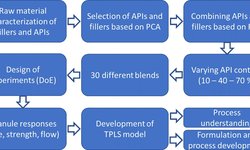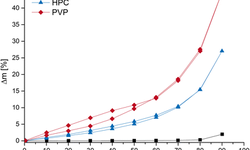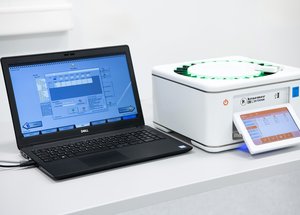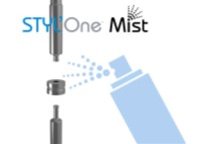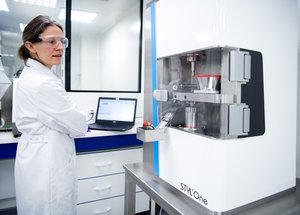Scientific papers
Recently, the plant medicine "ayahuasca" from the Amazon, which contains the psychedelic compound N,N-dimethyltryptamine (DMT) and various β-carboline alkaloids like harmine, has been proposed as having positive effects in individuals with affective and other mental health disorders. Despite its generally considered safety for ingestion, the challenges lie in understanding its pharmacokinetics/pharmacodynamics and tolerability, which may hinder its clinical application in vulnerable patient populations. While common adverse reactions can be attributed to overdosing and the presence of intolerable plant constituents, the peroral administration route may contribute to gastrointestinal intolerabilities and unpredictable pharmacokinetics among users.
To address these issues, our work aimed to develop ayahuasca-analogue formulations with enhanced pharmacokinetics and tolerability profiles. Specifically, we created peroral formulations and compared them with parenteral formulations designed to bypass the gastrointestinal tract. In a detailed study, we tested peroral administration of a capsule (containing purified DMT and harmine) against a combination of an oromucosal harmine tablet and an intranasal DMT spray at two dose levels in an open-label within-subject study with 10 healthy male subjects. We assessed pharmacokinetic and pharmacodynamic profiles through continuous blood sampling, vital sign monitoring, and psychometric assessments.
The traditional adverse effects of herbal ayahuasca, such as nausea, vomiting, and diarrhea, were significantly reduced with our DMT/harmine formulations. All preparations were well tolerated, and the combined buccal/intranasal administration of harmine and DMT demonstrated substantially improved pharmacokinetic profiles, marked by significantly reduced variations in systemic exposure. In conclusion, the innovative approach of combined buccal/intranasal administration of harmine and DMT could pave the way for a safe, rapid-acting, and patient-oriented treatment of affective disorders.
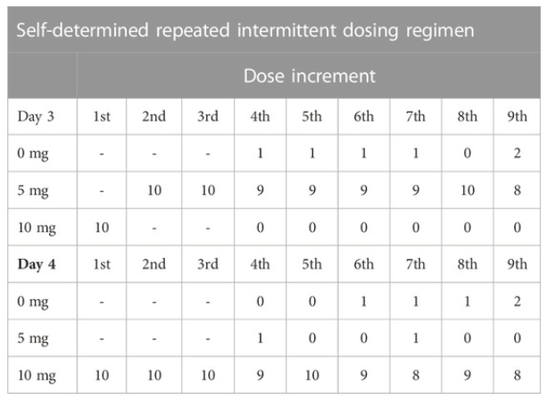
Comments
No comments posted yet.
Add a comment

